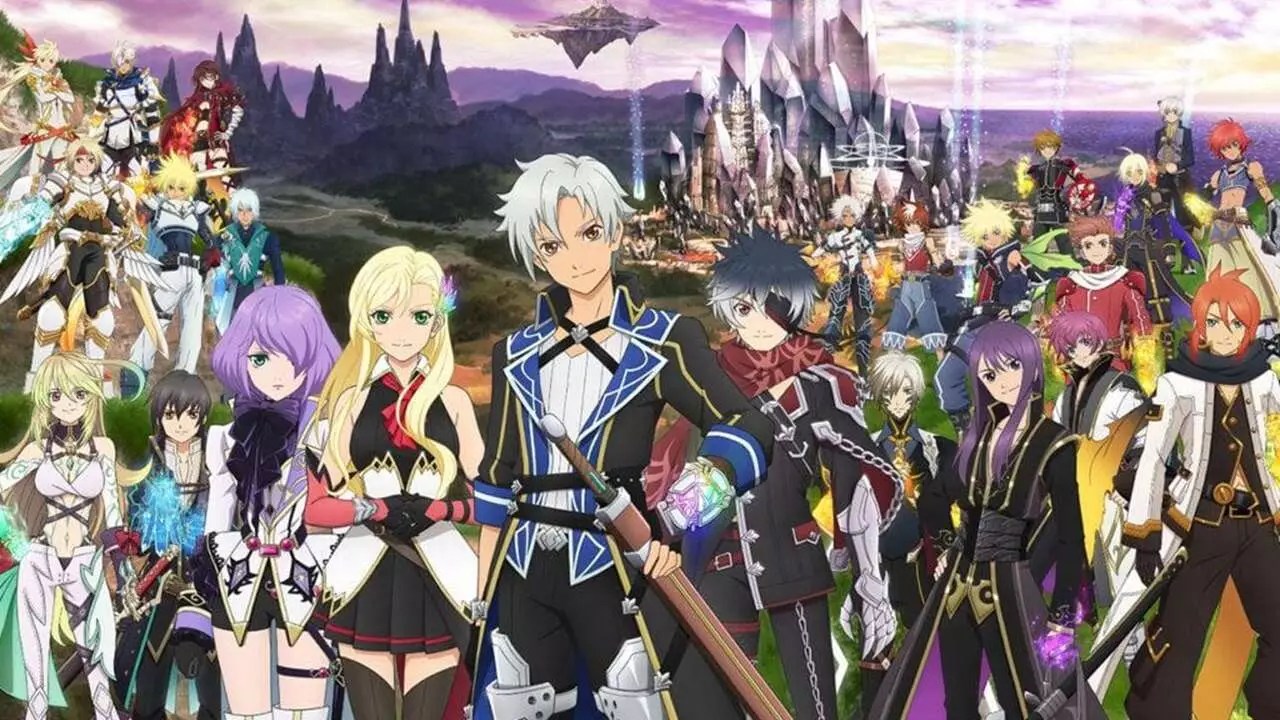The gaming industry has faced tumultuous times in recent years, and Bandai Namco is no exception to this trend. The company has made headlines for scrapping several upcoming titles, including those based on the globally popular One Piece and Naruto franchises. In addition to these significant cancellations, an unnamed collaborative project with Nintendo has also fallen victim to this upheaval. These decisions come amidst a wave of layoffs and organizational restructuring that have characterized the industry as companies scramble to adapt to shifting market dynamics.
As outlined in a Bloomberg report, Bandai Namco appears to be resorting to an infamous Japanese management style known as oidashibeya, or “expulsion room.” This approach involves isolating employees by assigning them to unproductive spaces, with the implicit goal of encouraging voluntary departures to avoid severance payments. While the company has publicly denied the existence of such a tactic, the stark reality is that around 100 employees have reportedly resigned amid these changes. This raises pressing questions about workplace ethics and the responsibilities that companies owe to their workers during difficult transitions.
Despite the unsettling atmosphere, Bandai Namco representatives have sought to assure stakeholders that decisions to terminate projects stem from careful assessments rather than mere reactionary measures. They have emphasized a commitment to reassigning employees to new projects as they arise. However, the broader implications of halting significant titles during an ongoing period of workforce anxiety leave room for skepticism regarding the company’s long-term strategy. The gaming audience has been left in a state of uncertainty about the future of beloved franchises, and such doubts could impact consumer engagement and brand loyalty.
The company has not only zeroed in on high-profile titles. Over the summer, Bandai Namco announced the shutdown of its well-known mobile game, Tales of the Rays, alongside plans to take down the MMO Blue Protocol starting January 2024. Both decisions reflect a strategic pivot that prioritizes resource allocation over maintaining popular yet potentially underperforming games. In a statement regarding Blue Protocol, the company expressed disappointment at being unable to deliver the game to fans, marking a notable shift in their operational focus.
In stark contrast to these cancellations, Bandai Namco’s recent release, Dragon Ball: Sparking Zero, has demonstrated the company’s potential for success, selling over 3 million copies within just 24 hours of its launch. This spike in sales highlights that while the company might be tightening its belt in certain areas, there is still consumer demand and enthusiasm for its franchises. However, the juxtaposition of strong sales from a newly released game against the backdrop of significant project cancellations raises concerns about the company’s long-term viability and market strategy.
Bandai Namco stands at a crossroads, navigating through both internal and external pressures that shape its operational decisions. As it recalibrates, the biggest questions remain: Will these actions ultimately fortify or undermine the company’s standing in a competitive gaming landscape? Time will tell.


Leave a Reply